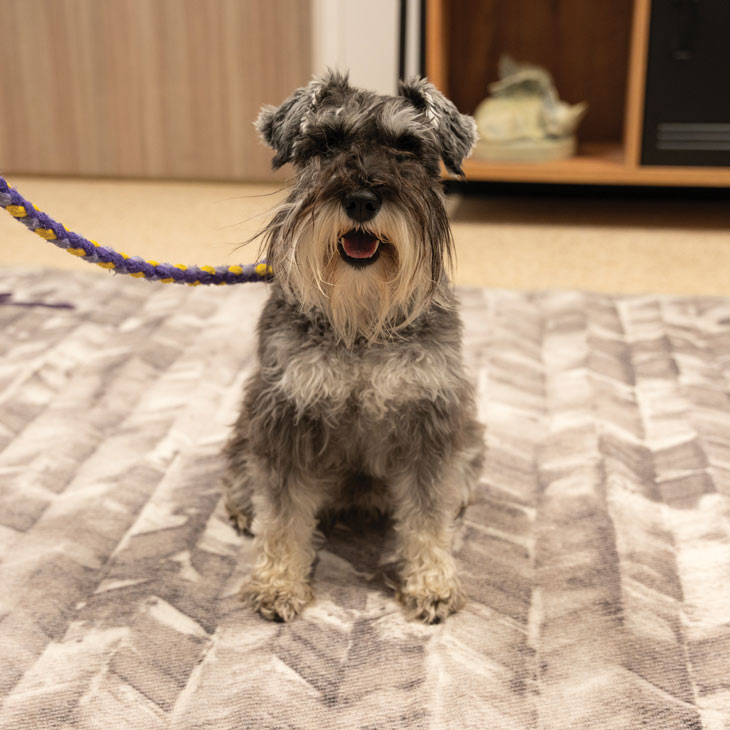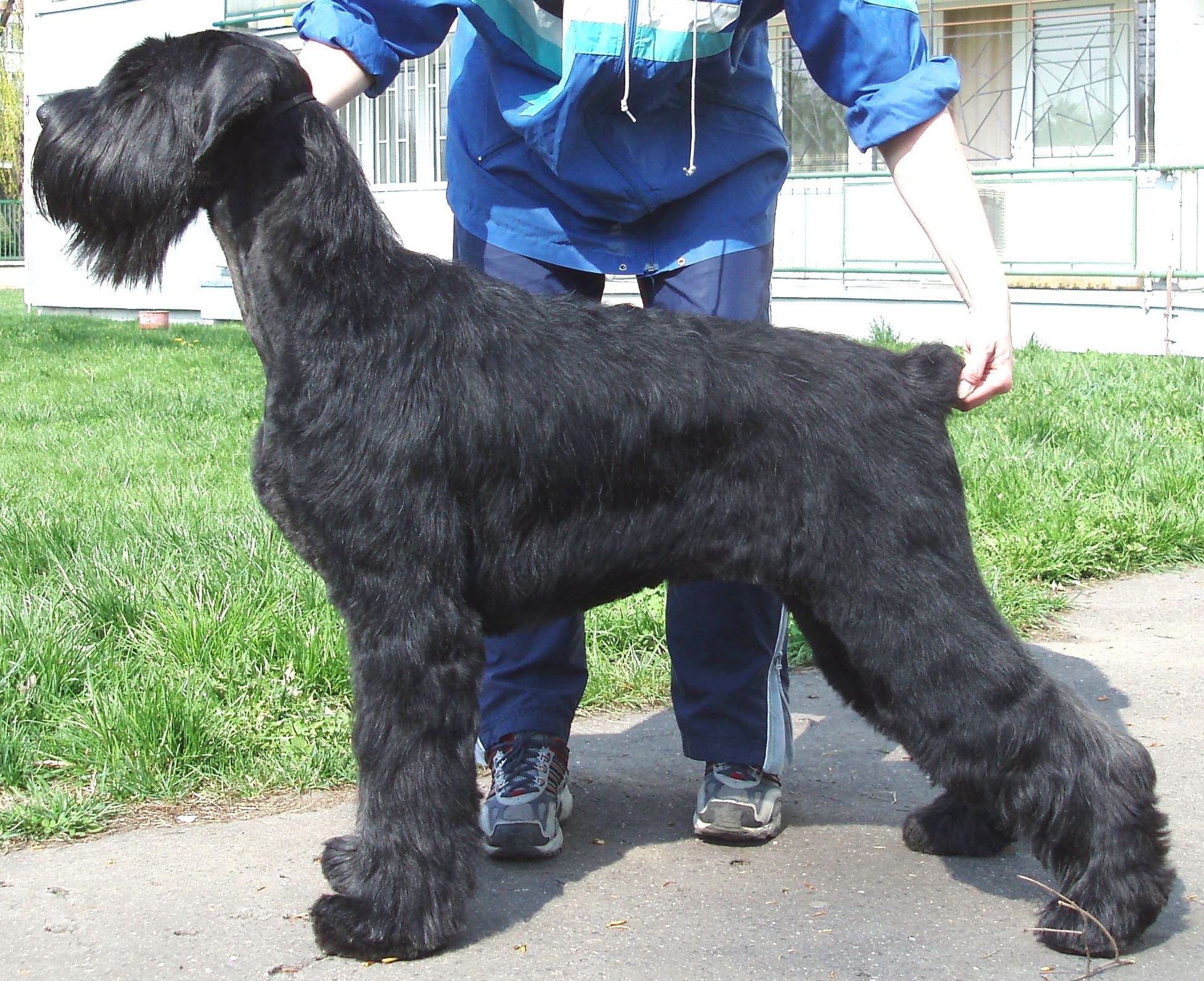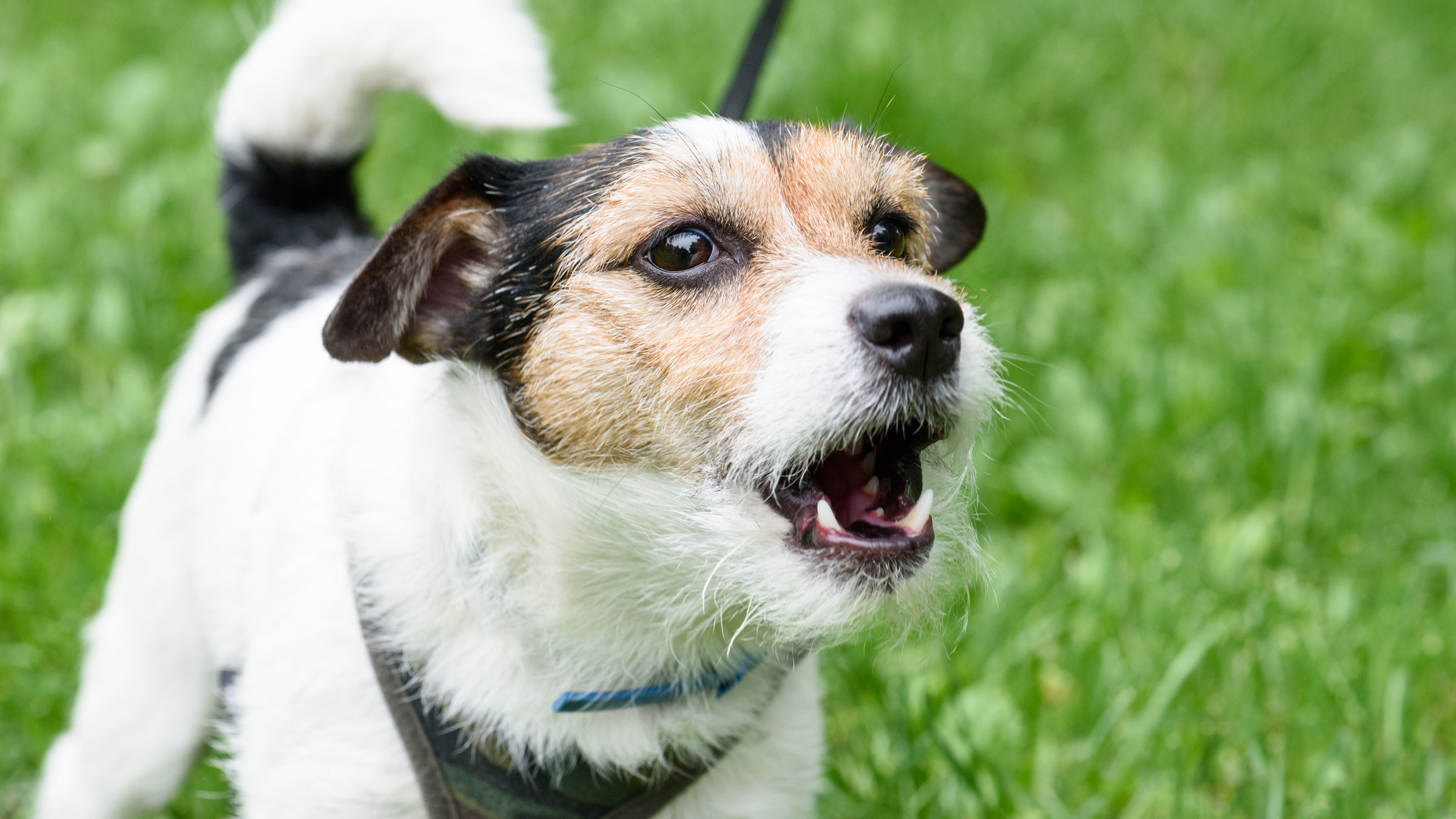Miniature Schnauzers, with their charmingly expressive eyebrows and playful personalities, have captured the hearts of countless dog lovers. Their small size and eagerness to please make them popular choices for city dwellers and families alike. However, behind those endearing smiles and wagging tails, miniature schnauzers can sometimes reveal behavioral challenges that can be confusing and frustrating for even the most experienced owner. This article delves into the common behavioral issues faced by miniature schnauzers, exploring their root causes, offering strategies for addressing them, and emphasizing the importance of early intervention and consistent training.
Common Behavioral Problems in Miniature Schnauzers

Like any breed, miniature schnauzers are prone to certain behavioral issues. These issues can stem from a variety of factors, including genetics, past experiences, and lack of proper training and socialization. It is essential for owners to be aware of these potential problems and address them promptly to ensure a happy and well-behaved companion. Here are some of the most common behavioral problems seen in miniature schnauzers:
Aggression
One of the most concerning behavioral problems in miniature schnauzers is aggression. This can manifest in various forms, such as growling, barking, lunging, or even biting. Aggression in dogs is a complex issue, and it can stem from a combination of genetic predisposition, lack of socialization, fear, and anxiety.
Miniature schnauzers may exhibit aggressive behavior towards other animals, strangers, or even their owners. Some may also display resource guarding behavior, where they become possessive over their toys, food, or territory. If left unaddressed, aggression in miniature schnauzers can escalate and become a serious problem.
Destructive Behavior
Another common behavior problem in miniature schnauzers is destructive behavior. This can include chewing on furniture, digging in the yard, or excessive barking. Like many other breeds, miniature schnauzers have a natural instinct to chew and dig. However, if not properly directed, these behaviors can become destructive and cause damage to your home and belongings.
Destructive behavior in miniature schnauzers can also be a sign of boredom, anxiety, or lack of exercise. It is essential to address this behavior early on to prevent it from becoming a habit.
Separation Anxiety
Miniature schnauzers thrive on human company and can develop separation anxiety when left alone for extended periods. This can lead to destructive behavior, excessive barking, and even self-harm. Separation anxiety is a common issue in miniature schnauzers, and it can be challenging to manage.
Addressing Aggression in Miniature Schnauzers

Aggression in miniature schnauzers can be a scary and challenging issue to handle. However, with patience, consistency, and proper training, it can be managed. Here are some strategies to address aggression in miniature schnauzers:
Start Training Early
Early socialization and training are crucial for all dog breeds, but it is especially important for miniature schnauzers. Starting training as soon as you bring your puppy home can help prevent unwanted behaviors from developing. It is best to enroll them in puppy classes that focus on positive reinforcement techniques.
Establish Yourself as the Alpha
Miniature schnauzers have strong personalities and may try to assert themselves as the dominant one in the household. It is essential to establish yourself as the alpha and show your dog that you are the leader. This will help them understand their place in the pack and reduce any aggressive tendencies.
Seek Professional Help
If your miniature schnauzer’s aggression is severe, it may be necessary to seek professional help. A veterinarian or a certified dog behaviorist can assess your dog’s behavior and provide guidance on how to manage and train them effectively. They may also recommend behavior modification techniques or medication in severe cases.
Training and Socialization: Essential for a Well-Behaved Miniature Schnauzer

Proper training and socialization are crucial for the development of a well-behaved miniature schnauzer. As intelligent and eager learners, miniature schnauzers thrive on positive reinforcement training methods. Here are some tips for effective training and socialization:
Start Early and Be Consistent
As mentioned earlier, starting training and socialization as soon as you bring your puppy home is crucial. This will help them develop good habits and prevent unwanted behaviors from forming. It is essential to be consistent with training, as dogs respond best to routines and clear expectations.
Use Positive Reinforcement
Miniature schnauzers respond well to positive reinforcement, which involves rewarding good behavior with treats, praise, and affection. This method helps build a strong bond between the dog and their owner and encourages desired behaviors. Punishment or harsh training methods can lead to fear and anxiety in miniature schnauzers and should be avoided.
Expose Your Dog to Different Environments
Socialization is essential for all dog breeds, and miniature schnauzers are no exception. Exposing your dog to different environments, people, and animals at an early age can help them become confident and well-adjusted adults. Introducing them to new experiences slowly and positively can prevent fear and anxiety later in life.
Dealing with Anxiety and Fear in Miniature Schnauzers

Anxiety and fear are prevalent in miniature schnauzers and can manifest in various ways. Common signs of anxiety and fear in dogs include trembling, excessive barking, destructive behavior, and cowering. Here are some strategies for addressing anxiety and fear in miniature schnauzers:
Provide a Safe Space
Creating a safe space for your miniature schnauzer can help ease their anxiety and fear. This could be a crate, a designated corner of the house, or a cozy bed. Having a safe space where they can retreat to when feeling overwhelmed can give them a sense of security.
Use Calming Aids
There are various calming aids available in the market, such as pheromone diffusers, herbal supplements, and anxiety wraps, that can help reduce anxiety and fear in dogs. These products work by releasing calming scents or applying gentle pressure to the dog’s body, promoting relaxation.
Consult with Your Veterinarian
If your miniature schnauzer’s anxiety and fear are severe, it is essential to consult with your veterinarian. They may prescribe medication or recommend behavior modification techniques to help manage your dog’s symptoms. It is important to follow your veterinarian’s instructions carefully and seek their guidance if there are any side effects.
Seeking Professional Help: When to Consult a Veterinarian or Dog Behaviorist

While many behavioral issues in miniature schnauzers can be managed at home with consistency and proper training, some may require professional help. Here are some instances when it is best to consult with a veterinarian or a dog behaviorist:
Aggression towards People or Other Animals
If your miniature schnauzer displays aggressive behavior towards people or other animals, it is crucial to seek professional help. Aggression can be a serious issue and should not be taken lightly.
Destructive Behavior
If your dog’s destructive behavior continues despite your efforts to train and redirect them, it may be necessary to consult with a professional. They can assess the root cause of the behavior and provide effective solutions.
Extreme Anxiety and Fear
Extreme anxiety and fear in miniature schnauzers can significantly impact their quality of life. Consulting with a veterinarian or a dog behaviorist can help address these issues before they become unmanageable.
Conclusion
Miniature schnauzers are delightful companions with unique personalities and traits. However, like any breed, they can develop behavioral issues that require attention and intervention. Understanding the root causes of these problems and addressing them early on through proper training and socialization is crucial for the development of a well-behaved miniature schnauzer. In severe cases, seeking professional help from a veterinarian or dog behaviorist can make a significant difference in managing these behavioral challenges. With patience, consistency, and love, your miniature schnauzer can overcome any behavioral obstacles and become a happy and well-adjusted member of your family.
